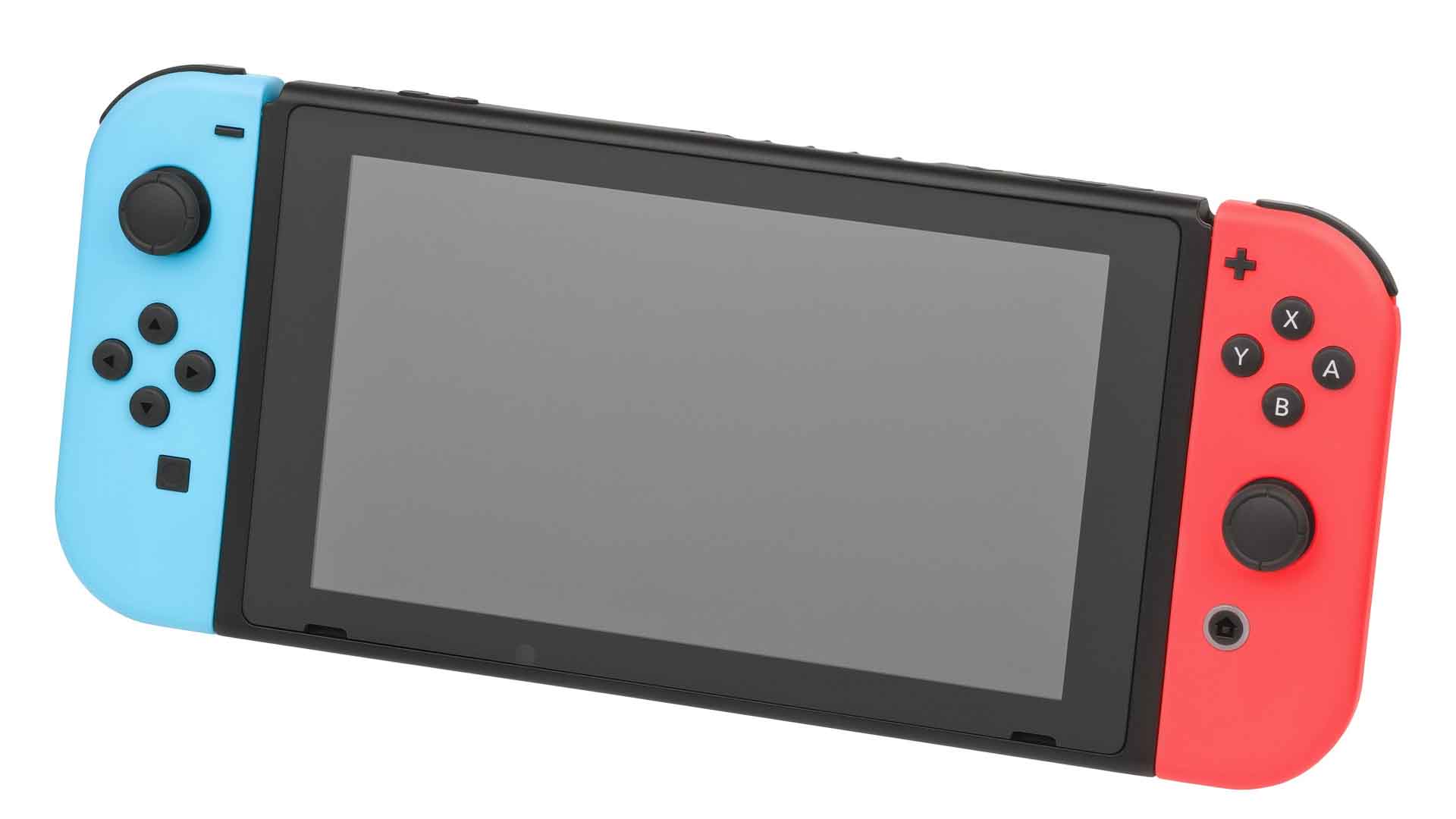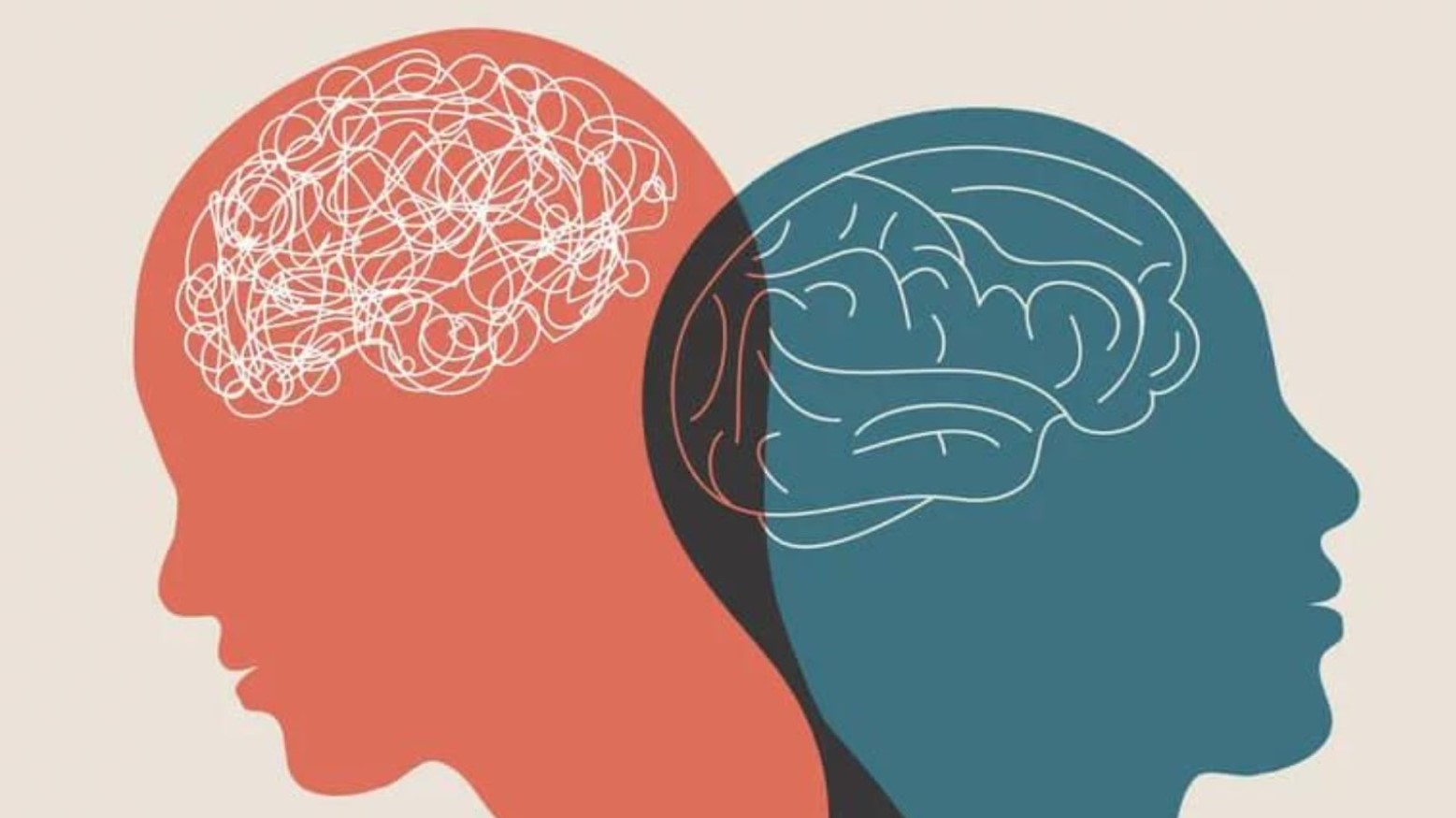During the early days of the COVID-19 pandemic, millions of people worldwide turned to video games for solace and entertainment. The sudden increase in demand even led to shortages of popular consoles like the Nintendo Switch and PlayStation 5.
But beyond entertainment, a new study from Tokyo suggests that video games might have had a surprising impact on mental health during these challenging times.
A Father’s Quest for Answers

Hiroyuki Egami, an economist at Nihon University in Tokyo, faced a dilemma many parents could relate to—his two sons were fighting over their shared Nintendo Switch.
As he sought to buy a second console during the shortage, Egami saw an opportunity to explore a question that had long intrigued him: Are video games harmful or beneficial to mental health?
The Natural Experiment

With retailers holding lotteries to distribute consoles, Egami realized that this setup mimicked a clinical trial. By analyzing the mental health of those who won the lotteries compared to those who didn’t, he could isolate the effects of video gaming.
This natural experiment allowed him to gather valuable data in a real-world context, far removed from the artificial confines of a laboratory.
Surprising Findings on Mental Health

Egami’s study, conducted between 2020 and 2022, involved nearly 100,000 participants, including over 8,000 who took part in the console lotteries. The results were surprising: owning and playing video games led to measurable reductions in psychological distress.
Specifically, those who won a PlayStation 5 reported a significant boost in life satisfaction, challenging the long-held belief that gaming is detrimental to mental health.
The Role of Social Connection

One reason for these positive effects might be the social connections fostered through gaming. Multiplayer games, which saw a surge in popularity during the pandemic, allowed players to maintain social ties in a time of isolation.
This aligns with earlier studies showing that video games can serve as a lifeline for social interaction, particularly in moments of global crisis.
How Much Gaming is Too Much?

Egami’s research also shed light on the amount of gaming needed to see mental health benefits. The data showed that gaming for up to three hours a day provided positive effects, but playing beyond that point offered diminishing returns.
Interestingly, the study found no evidence that excessive gaming time led to harmful effects, debunking the myth that long gaming sessions are always harmful.
A New Perspective on Gaming Disorder

The World Health Organization’s addition of “gaming disorder” to the International Classification of Diseases sparked controversy. Egami’s study suggests that while gaming can become problematic for some, for the average player, video games are not the mental health threat they’re often portrayed to be.
This nuanced view is critical for parents and policymakers as they navigate the role of gaming in today’s society.
Video Games in Pop Culture

The positive aspects of gaming are also reflected in its growing influence on pop culture. From blockbuster movie adaptations like The Super Mario Bros. Movie to the International Olympic Committee’s first-ever Esports Olympics in Saudi Arabia, video games are more mainstream than ever.
This cultural shift mirrors the findings of Egami’s study, showing that gaming can play a positive role in our lives.
The Impact of Game Genres

Of course, not all games are created equal when it comes to mental health. Family-friendly titles like Animal Crossing and Mario Kart 8 were especially popular during the pandemic, providing stress relief and a sense of normalcy.
Egami’s study didn’t go deep into specific genres, but the overall positive impact suggests that even light-hearted games can contribute to mental well-being.
Lessons for Parents

Egami’s research offers valuable lessons for parents concerned about their children’s gaming habits. Rather than fearing video games, parents can feel reassured that moderate gaming, especially in a social or family context, may actually support their children’s mental health.
As Egami himself said, “Parents shouldn’t feel too much pressure which is not rational.”
Long-Term Implications

While the pandemic created unique circumstances, Egami believes that the mental health benefits of gaming observed in his study have not disappeared as life has returned to normal.
This suggests that video games could have a lasting positive impact, particularly when used as a tool for relaxation and social connection in our increasingly digital world.
A Balanced View of Gaming

As video games continue to evolve, it’s important to maintain a balanced perspective on their effects. Egami’s study contributes to a growing body of evidence that gaming is not inherently harmful and can even be beneficial.
As society continues to embrace video games in various forms, understanding their true impact on mental health will be crucial for fostering a healthy relationship with this popular medium.








































